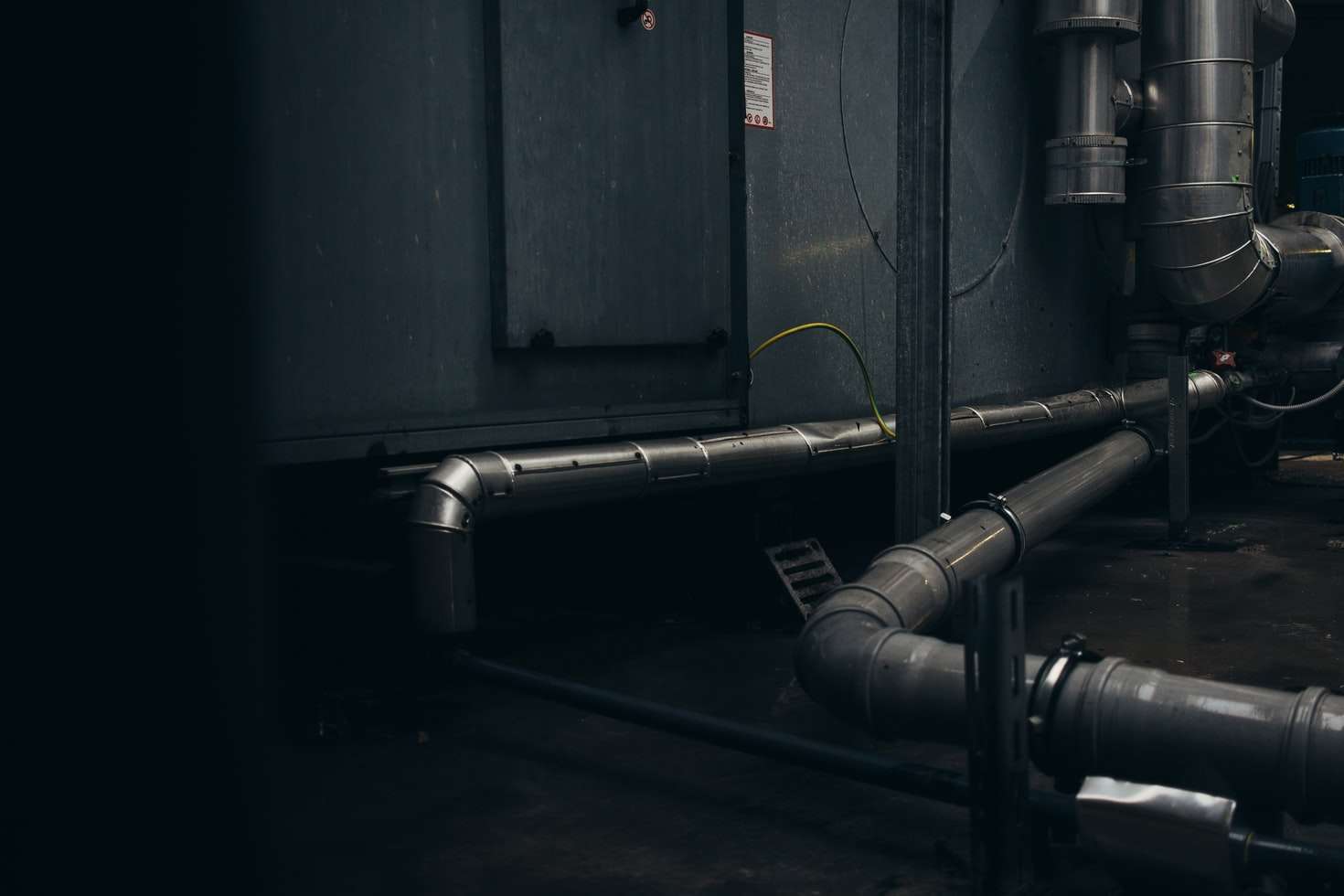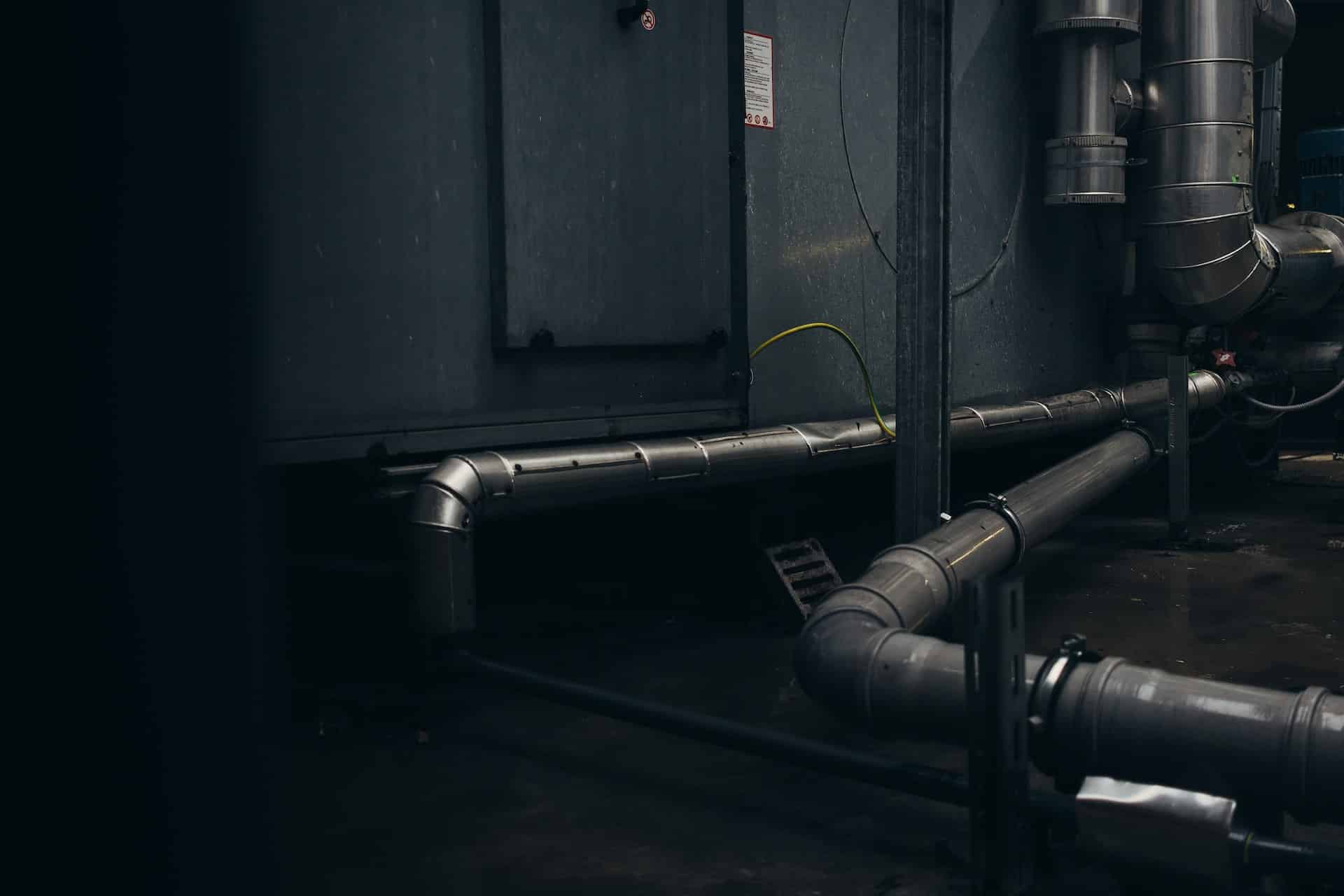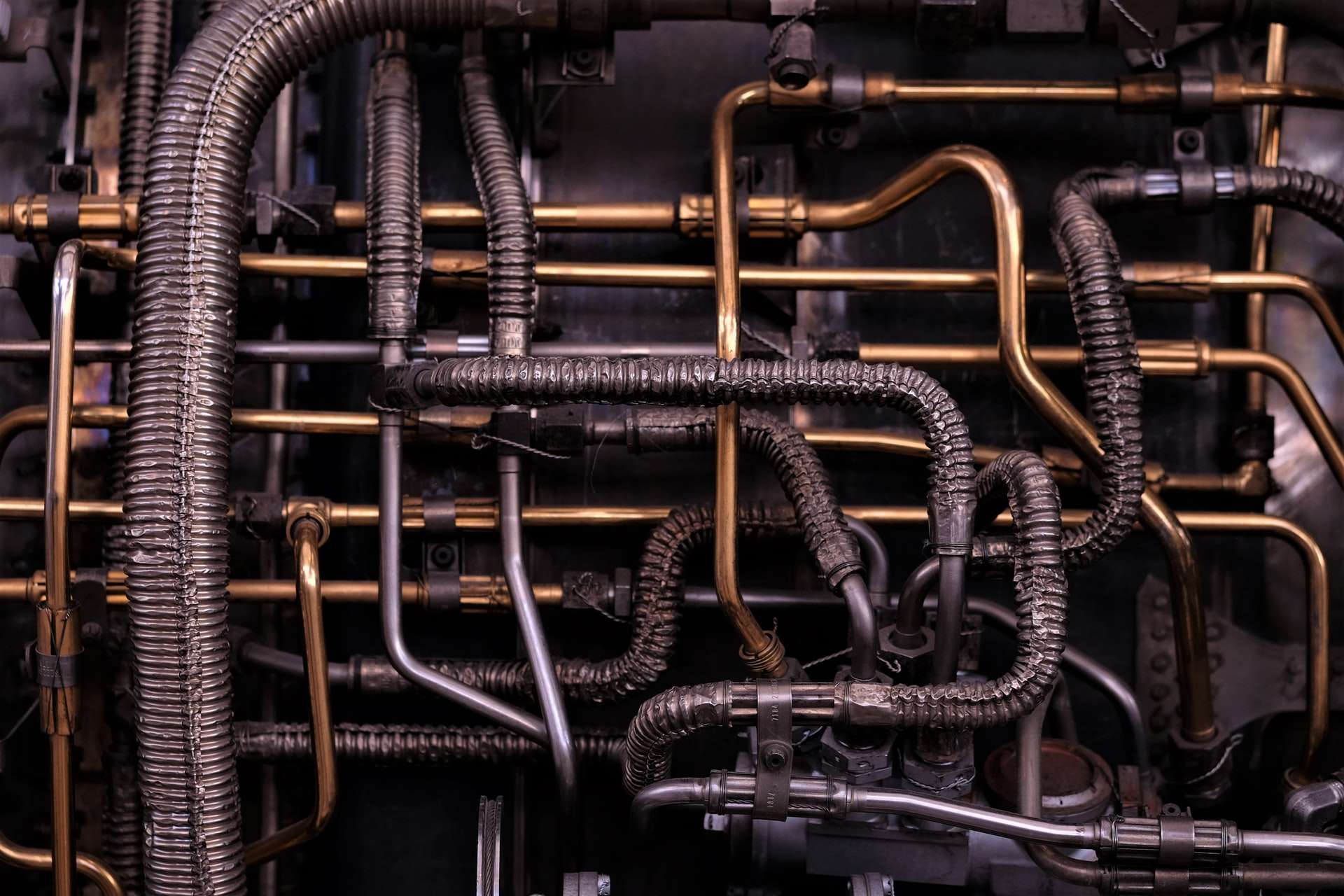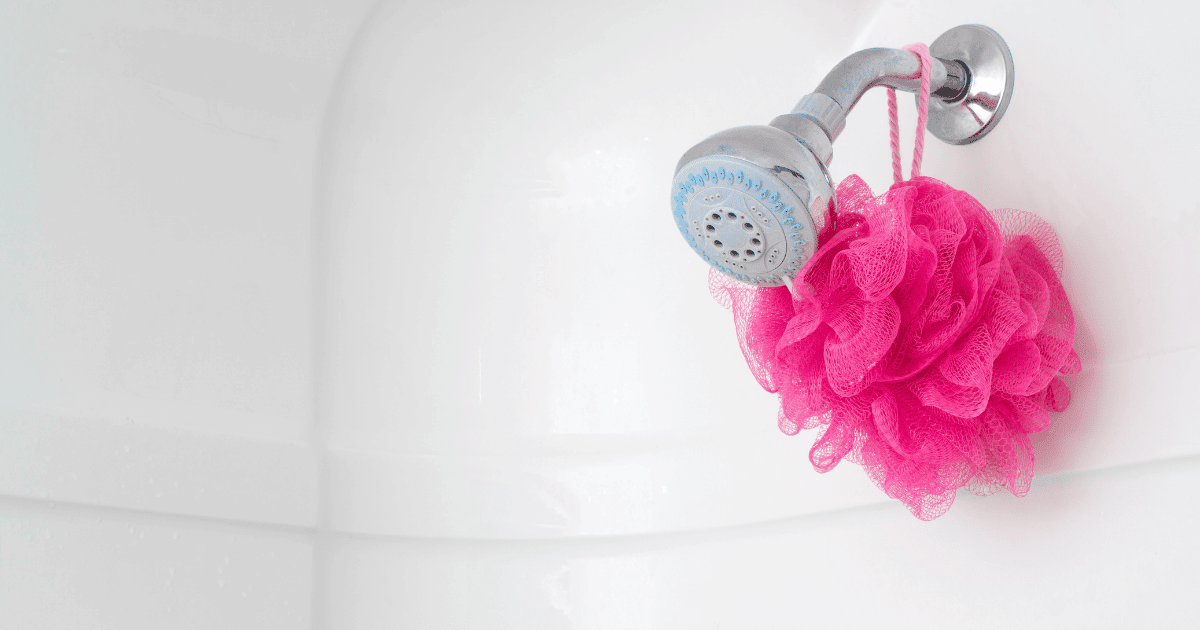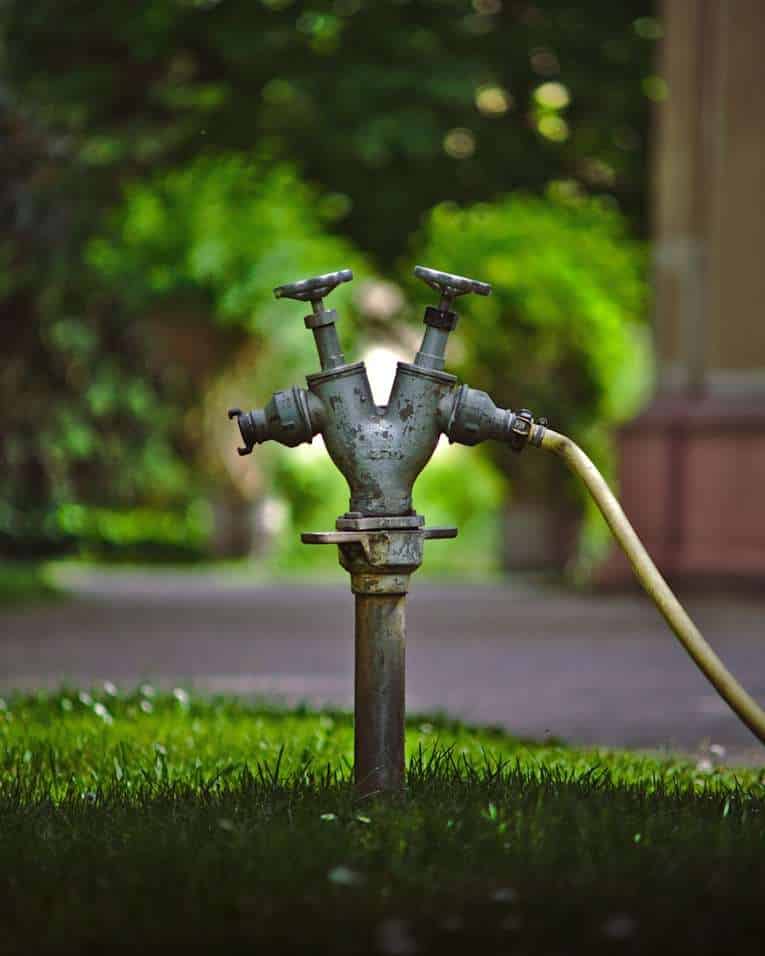Many individuals experience the frustration of frozen and burst pipes. We all need to give our houses a little TLC so that they can keep us warm and cozy during the winter. There is a high probability that the repair expense will be in the $5,000 range.
Helpful Tips to Prevent Frozen Pipes
The expansion of frozen water may cause pipes in your house to burst. The hole in a frozen pipe might grow over time if the pipe freezes over. A burst pipe in your home should be found and repaired as soon as possible if you believe one has occurred.
It’s essential to understand how to avoid these plumbing issues in the future. Thankfully, keeping your house;s puipes secure during winter is easy if you follow these eight helpful tips:
1. Reinforcing Your Insulation
To keep the pipes in your basement and attic from freezing, you need to add insulation to these areas. This includes areas where a large number of pipes are present and areas where a small number of pipes are in danger of freezing.
You may protect any exposed pipes from the cold by wrapping them in foam rubber or fiberglass sleeves. The pipes in these rooms, however, should still be checked regularly.
2. Maintaining Your Home’s Heating
Keep your home’s heating system operating at a constant temperature to avoid frozen pipes. This lets your pipes stay at even temperatures, reducing the risk of building freezing waters.
Even if you will be gone for a short time, it is advisable to leave the heat on while you are away. As long as you maintain your thermostat set to roughly 50 degrees Fahrenheit, your pipes should not freeze.
Besides your Heating system, you can go for a smaller solution. Fans or tiny heaters can be purchased may be used to move warm air. These appliances can help you compensate with heating for rooms with pipes flowing through them.
3. Keeping Your Entryways Closed
Insulation or protective sleeves for the pipes in your garage may also be an option. In certain homes, garage pipes may be exposed to the cold air if the garage door is left open. Since these pipes are at risk of bursting, you should maintain your garage doors shut as much as possible.
4. Letting Your Faucets Drip
Even if it’s only a trickle, letting the water run through your faucets can prevent water from freezing in the pipes. You can also use warm or hot water if you want to keep the pipes inside warm. If the pipe has begun to freeze, the ice may be melted or dislodged by applying heat to the pipe’s outside while running warm water through it.
5. Keeping Cabinet Doors Open
Pipes are often seen in cabinets and cupboards in many houses. As a precaution, leave the cabinet doors open if you fear that these regions are not receiving enough heat. Sudden dips in temperature may also alter the temperature in and around your house.
6. Draining Water From Hoses and Pools Outside
Outdoor pool hoses and pipes are also in danger of exploding. Ensure that the fixtures are correctly unplugged and that they are completely emptied. It may also harm rubber hoses used for water sprinklers if the water within them freezes.
Conclusion
Understanding how to avoid frozen pipes might be the difference between a dry kitchen and a complete disaster. Protect your pipes now, rather than waiting until it is too late. These preventative measures are simple, yet they have a significant impact.
Get in contact with Candu Plumbing & Rooter right away if you need a professional plumber in Woodland Hills, CA. We’re a team of registered and trained plumbing specialists based in the Los Angeles area who will care for those troublesome pipes on your behalf!

